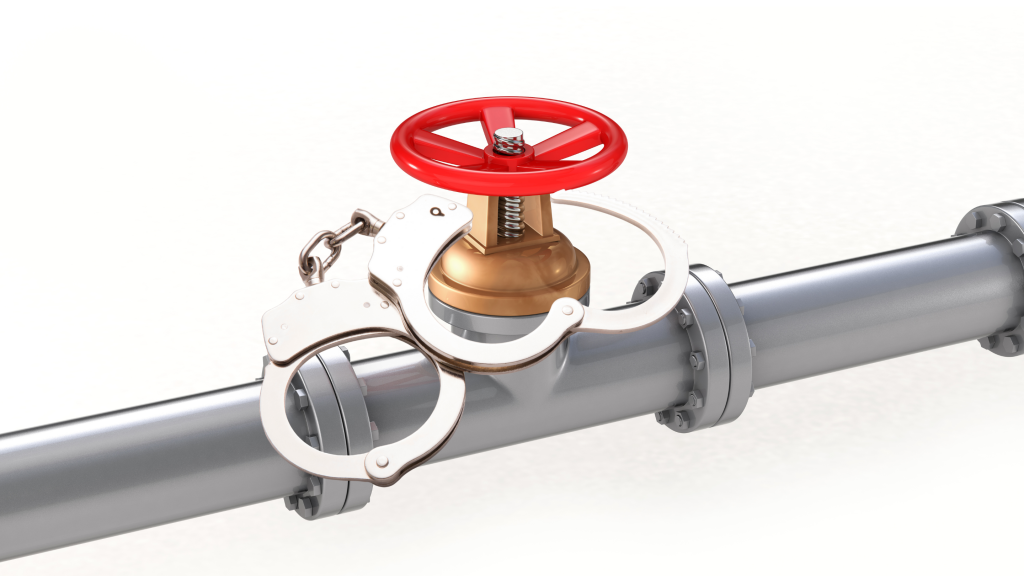The Regulation shall introduce a ban on the import of natural gas (including liquefied natural gas (LNG) from the Russian Federation to the territory of the EU. For EU gas buyers who purchase Russian gas on the basis of short-term supply contracts, the ban applies from 17 June 2026, while for EU gas buyers who purchase Russian gas on the basis of long-term supply contracts, the ban applies from January 1, 2028. After the entry into force of the Regulation, when importing natural gas into the EU, it will be necessary to prove the origin of the gas in the customs control procedure, i.e. that the natural gas does not originate in the Russian Federation, in order to obtain an import authorization.
The Regulation provides for the powers of the EU Commission in the event of sudden and significant events, such as the unavailability of critical gas infrastructure or other types of significant supply disruptions, which seriously threaten the security of supply of one or more member states, to take the necessary emergency measures by suspending import bans on natural gas or LNG in the affected countries.
For the natural gas market of the Republic of Serbia, as well as for the market of Bosnia and Herzegovina, the provision of the Regulation is significant, which reads: “Any gas that, prior to import into the EU, was exported from the Russian Federation, either by direct export from Russia to the EU or indirectly exported through a third country, should, except in the case of transit, be subject to prohibition.” Although the Republic of Serbia and Bosnia and Herzegovina are supplied with natural gas from the Russian Federation only through the Turkish Stream gas pipeline, which passes through Bulgaria as an EU member, the Regulation does not prohibit Russian gas from transiting through Bulgaria in order to be imported into the Republic of Serbia and Bosnia and Herzegovina.
Strict controls will be carried out in relation to transit. The reason for the introduction of strict controls is to ensure that natural gas that is in the process of “transit” does not end up indirectly on the market of EU countries.
On the basis of these provisions of the proposed Regulation, it is concluded that the ban on imports of natural gas from the Russian Federation to the EU will not have a direct impact on the natural gas market in the Republic of Serbia and Bosnia and Herzegovina, and that gas arrangements with the Russian Federation will be able to be enforced within the meaning of this Regulation.
This analysis is provided by Senior Partner Jelena Gazivoda, Partner Nikola Đorđević and Senior Associate Marko Mrđa from JPM Belgrade office.

